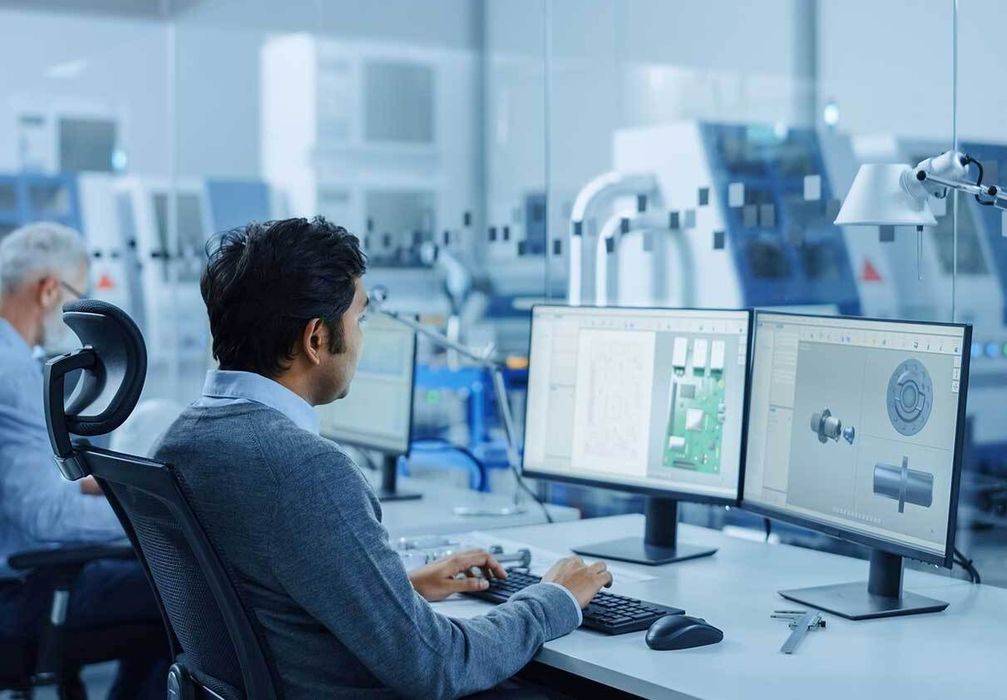
Shapeways released a new software-as-a-service called “Otto” that should make life a lot easier for some manufacturers.
The new service is offered free to manufacturers participating in Shapeways’ manufacturing network. It intends to simplify the ways manufacturers offer parts to their own customers through an easy-to-use workflow.
Shapeways seems to be targeting manufacturers currently struggling with 3D printing in both physical production and the associated administrative aspects. For many manufacturers providing parts to their clients, the prospect of including additively manufactured parts could be of great interest.
The reason for that may be the idea of creating a kind of “digital inventory”, where the manufacturer doesn’t have to order large quantities of parts in advance and hope they sell later. In a digital inventory scenario, only the 3D models of the parts are stored; they are 3D printed on demand, making the physical inventory non-existent.
However, getting that done can be beyond the skills of many smaller manufacturers. While they may have their own production processes, these may not be applicable to 3D printing, and that’s where the problems begin. Shapeways performed a survey earlier this year and found multiple responses indicating workflow was a significant barrier to additive adoption. Apparently only 29% of respondents actually used a “real” workflow system for tracking their additive production.
Shapeways realized they had the solution at hand: over their long existence they’ve slowly developed an in-house ERP system that can do all of this. It handles orders, model fixing, work dispatch, shipping, etc. Those are in fact the same functions needed by many manufacturers.
They’ve adapted that well-proven technology into its new form: Otto. They explain:
“With Otto, Shapeways will offer the most sought-after software functionality in an integrated SaaS platform designed to scale innovation with ease. The ordering capability is available now, which supports seamless digital file uploads, part configurations, instant price quotes and access to a digital inventory of materials, finishes and technologies. Additionally, DSM, Henkel and BASF are accelerating their shift to digital manufacturing through Otto. Traditional manufacturers also can leverage the strength of Otto by deploying it as a white-label solution to expand current production capabilities with the addition of on-demand 3D printing.”
And:
“Otto will expedite each 3D printing phase without requiring major capital expenditures or different software tools to navigate the end-to-end journey. Otto’s intuitive front-end simplifies initial digital file uploads, product configurations, file analysis and optimization with instant auto-correction for trouble-free manufacturability. Otto also will ensure supply chain readiness with access to Shapeways’ supply chain network of more than 50 manufacturing partners, 11 vendor-agnostic printing technologies as well as over 90 materials and finishes. Complex manufacturing with complete traceability is enhanced by pre- and post-production capabilities that can deliver quality, finished products to more than 160 countries.”
It’s particularly attractive for manufacturers because of the economics. Manufacturers pay nothing for the use of Otto itself, but instead specify a markup on each part over the actual production costs computed by Otto. This means that they make a predictable profit each and every time a client requests one of these parts. That could make use of Shapeways’ Otto a no-brainer for some manufacturers.
This is a great move by Shapeways, and in a way is analogous to how Amazon brought out their internal server system and called it “AWS”. The product was already made, it just required a decision to use it publicly.
That decision seems to have been made at Shapeways.
Via Shapeways
